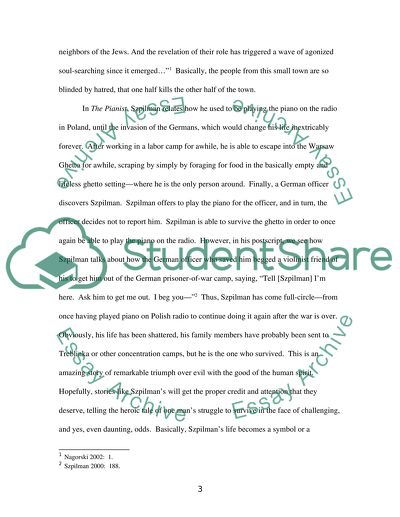Cite this document
(“Compare the following two books: Neighbors: The Destruction of the Term Paper”, n.d.)
Retrieved from https://studentshare.org/history/1422409-compare-the-following-two-books-neighbors-the
Retrieved from https://studentshare.org/history/1422409-compare-the-following-two-books-neighbors-the
(Compare the Following Two Books: Neighbors: The Destruction of the Term Paper)
https://studentshare.org/history/1422409-compare-the-following-two-books-neighbors-the.
https://studentshare.org/history/1422409-compare-the-following-two-books-neighbors-the.
“Compare the Following Two Books: Neighbors: The Destruction of the Term Paper”, n.d. https://studentshare.org/history/1422409-compare-the-following-two-books-neighbors-the.


